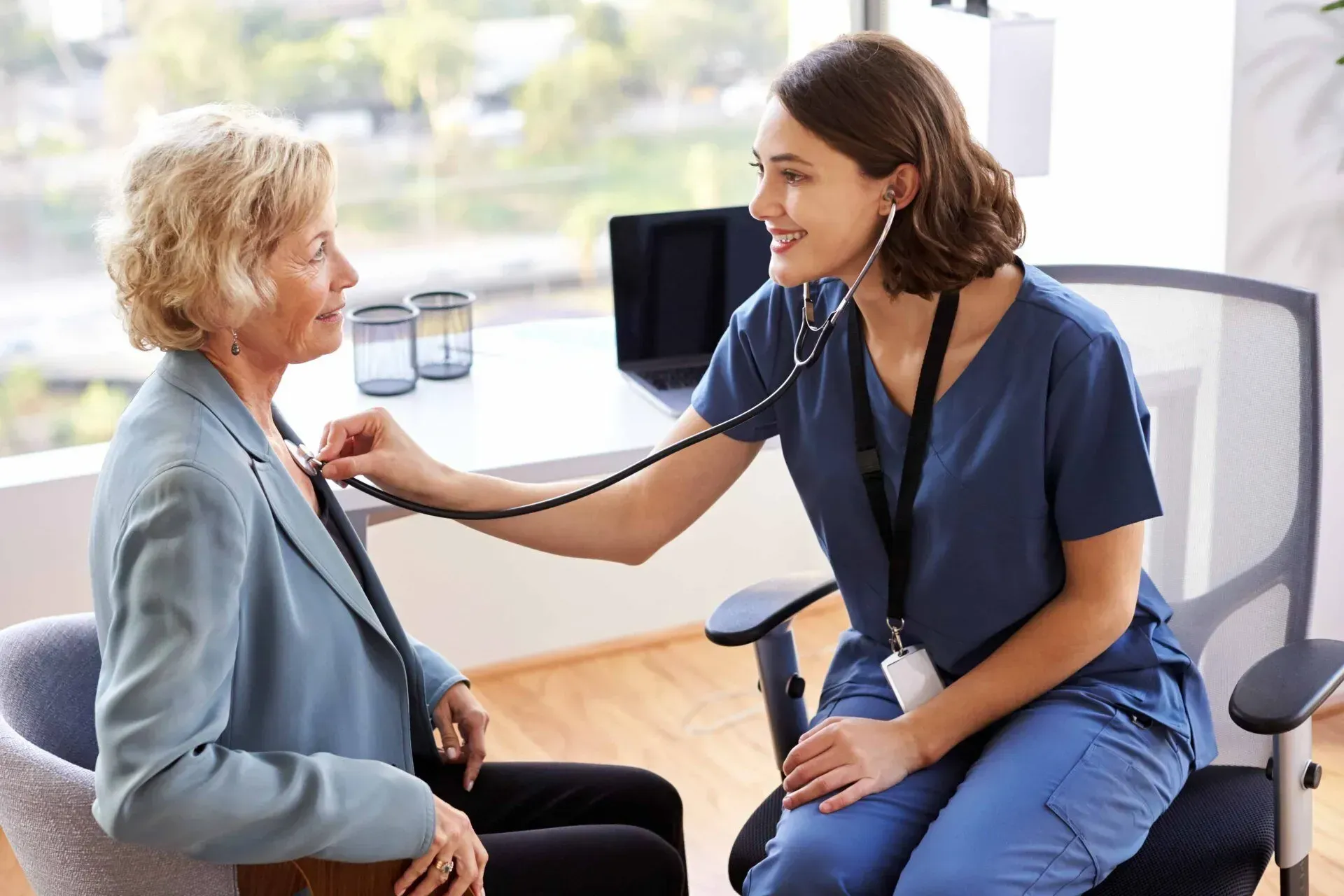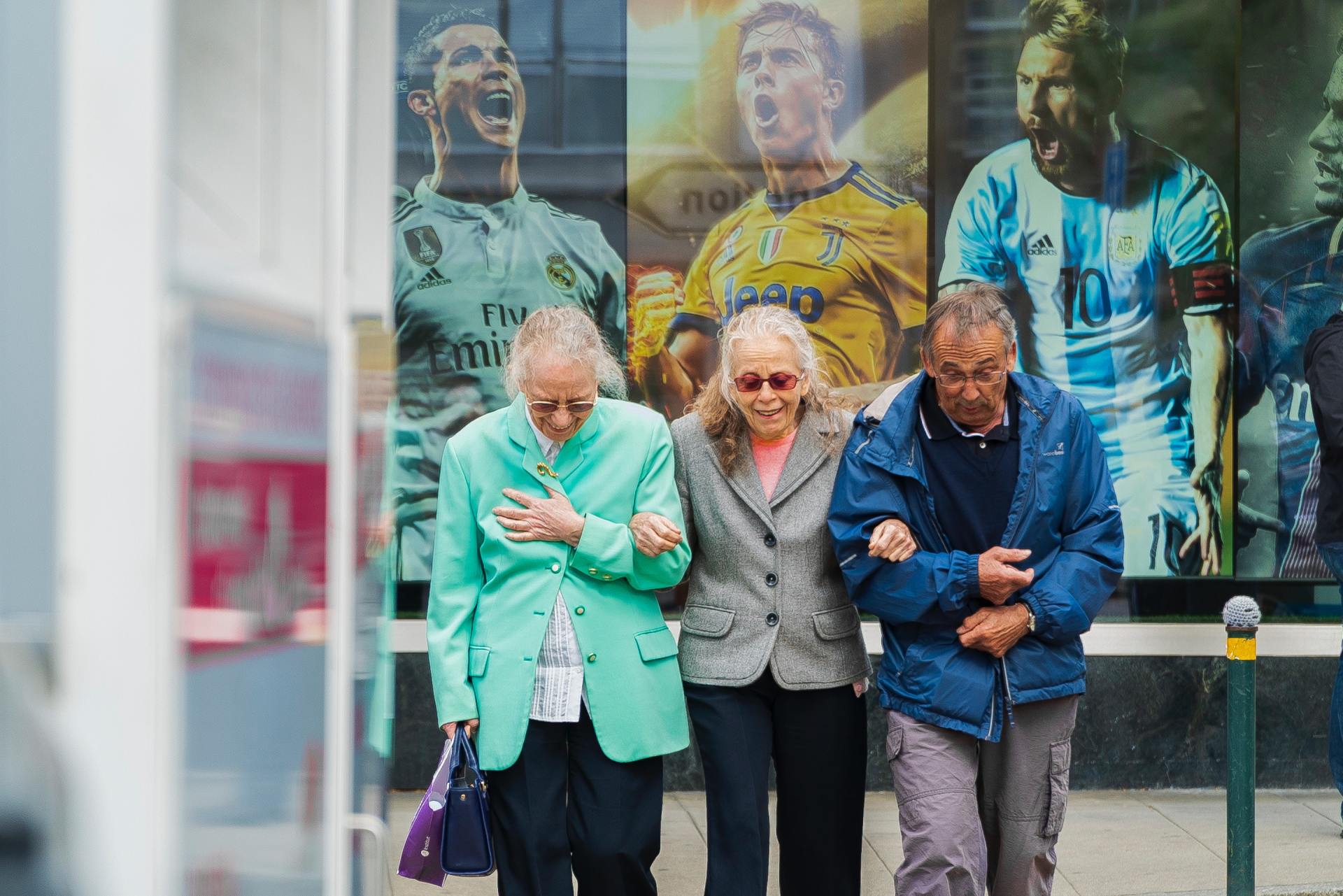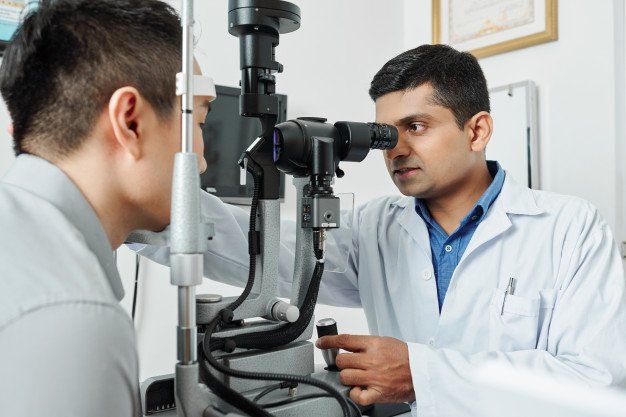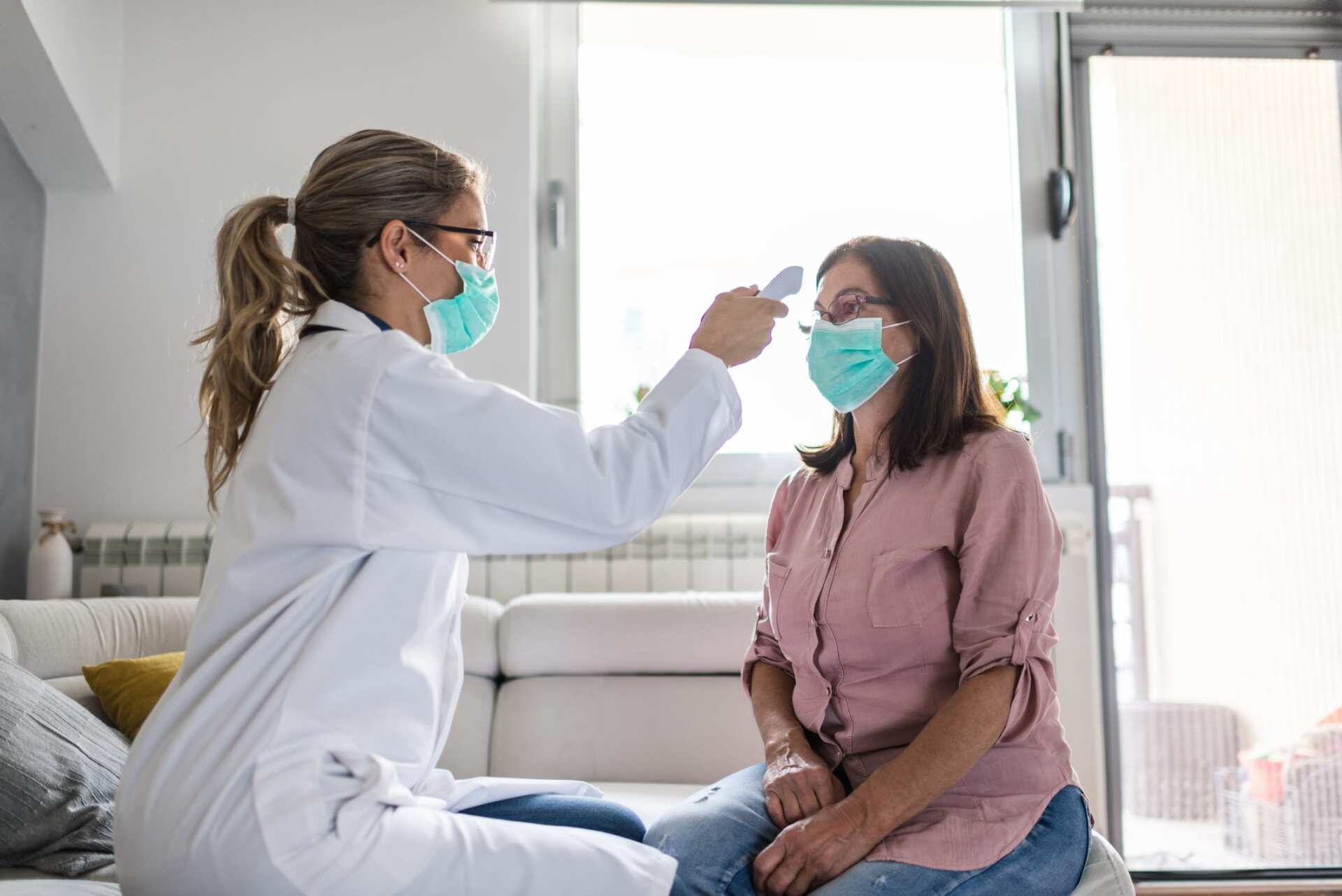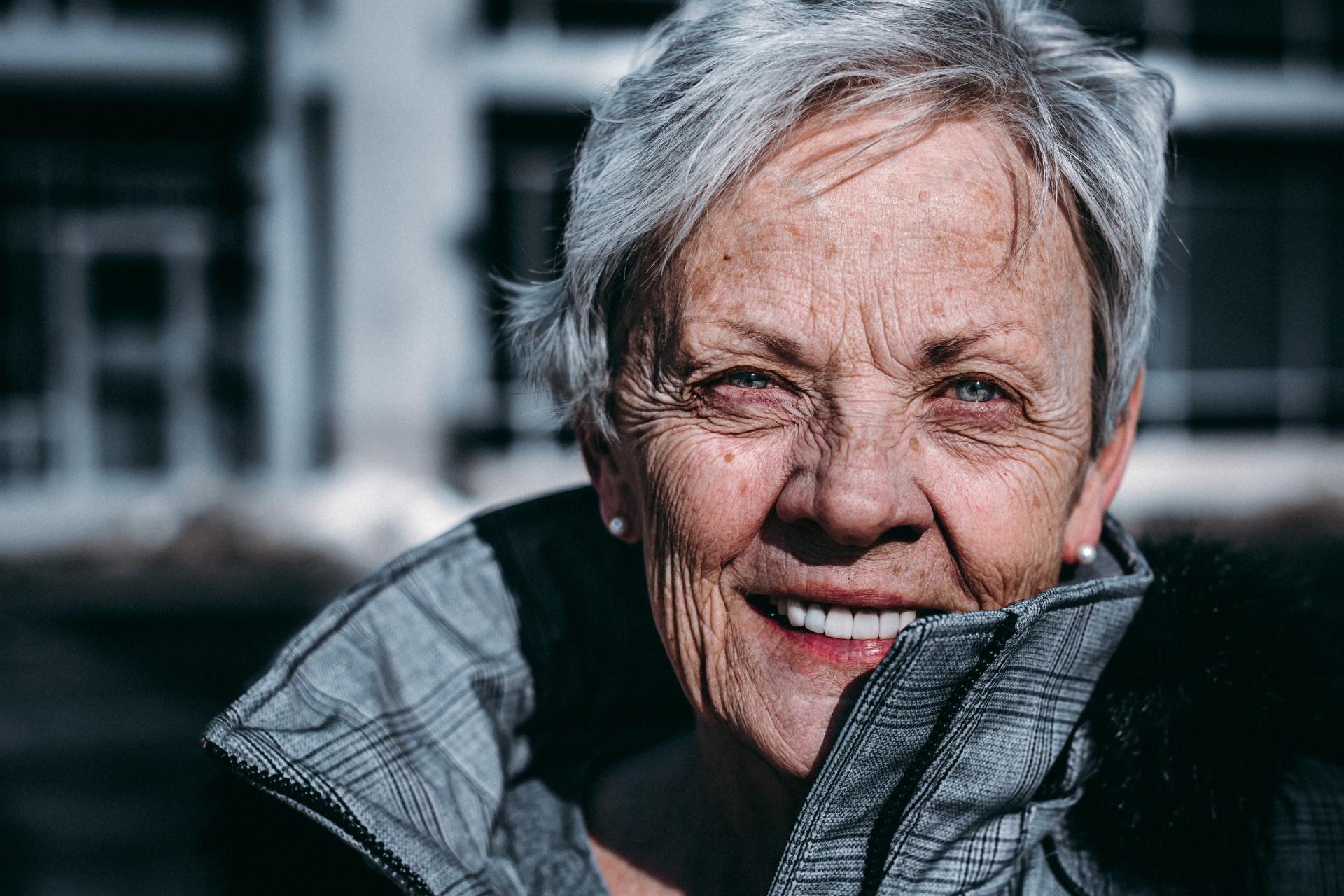#PINKTOBER – BREAST CANCER AWARENESS MONTH
By: Peggy A. Rossi, BSN, MPA, CCM, ACM-RN, CMAC
#PINKTOBER - BREAST CANCER AWARENESS MONTH
Nivano Physicians wants to encourage its members, especially females, but also any males who have family history of breast cancer to examine their breasts and have a mammogram. Our goal is the same as yours – to let you live as long as you can!
This means both males with a family history of breast cancer and ALL females must be familiar with their breasts. The simplest way to do this is to lay down on a bed with your arm above your head as you feel one breast at a time. Examining your breasts includes feeling all around each breast, armpits, and the skin around your breasts. You want to check if you feel or see anything strange. If you feel or see anything that is out of the normal, this means you will want to have a more intense screening right away by your doctor – make sure to call and get an appointment as soon as you can. If you run into an issue and cannot get in right away, call a Nivano Physicians’ Care Coordinator and they can assist in getting you an appointment.
When you do visit your doctor, he or she will also feel your breasts. Depending on your age and family history, an order for a mammogram, which is a special x-ray that takes pictures of your breasts, will be made. If you have a family history of breast cancer, the doctor may also order what is called an MRI and gene or genetic testing. An MRI is another type of x-ray which takes even more detailed pictures. Gene or genetic testing is a laboratory test using a sample of your blood.
What is a Mammogram?
A mammogram is an x-ray that takes pictures of the breast.
- It can be used to check for breast cancer after a lump or other sign or symptom of the disease has been found. This type of mammogram is called a diagnostic mammogram. A diagnostic mammogram can also be used to evaluate changes found during a screening mammogram or to view breast tissue when it is difficult to obtain a screening mammogram because of special circumstances, such as the presence of breast implants.
- Besides a lump, signs of breast cancer can include breast pain, thickening of the skin of the breast, nipple discharge , or a change in breast size or shape; however, these signs may also be signs of benign
- It can also be used to check for breast cancer in women who have no signs or symptoms of the disease. This type of mammogram is called a screening mammogram. Screening mammograms usually involve two or more x-ray pictures, or images, of each breast. The x-ray images often make it possible to detect tumors that cannot be felt. Screening mammograms can also find microcalcifications (tiny deposits of calcium ) that sometimes indicate the presence of breast cancer.
For women, the American Cancer Society recommends the following ages for women to get a mammogram:
- Women ages 40 to 44: Option to start annually.
- Women age 45 to 54: Annually.
- Women 55 and older: Every 2 years or can continue yearly screening.
- Screening should continue as long as a woman is in good health and is expected to live 10 more years or longer and there is no age limit for when screening should stop.
Because many of the symptoms of breast cancer are invisible without a professional screening, it can be missed. If not caught early on and treated, breast cancer can lead to a premature death.
Perhaps the most recognized symptom of breast cancer is a lump or mass in the breast tissue. While many women go to the doctor after finding a lump, every woman should also be aware of other changes to the breast or nipple.
What are the signs of possible breast cancer?
- A lump in the breast or underarm that doesn’t go away after a period is often the first symptom of breast cancer. Lumps associated with breast cancer are usually painless, although some may cause a prickly sensation. Lumps are usually visible on a mammogram long before you can see or feel them.
- Swelling in the armpit or collarbone could mean breast cancer has spread to lymph nodes in that area. This swelling may come before one feels a lump. Swelling in the breast might signal an aggressive type of cancer called inflammatory breast cancer.
- Pain or tenderness in the breast – although lumps are usually painless, pain or tenderness can be a sign of breast cancer.
- A flat or indented area on the breast could be a tumor that one can’t see or feel.
- Breast changes you might notice could include difference in the size, contour, texture, or temperature of your breast.
This might include some common, early warning signs of breast cancer:
- Skin changes, such as swelling, redness, or other visible differences in one or both breasts
- An increase in size or change in shape of the breast(s)
- Changes in the appearance of one or both nipples
- Nipple discharge other than breast milk
- General pain in/on any part of the breast
- Lumps or nodes felt on or inside of the breast
Symptoms more specific to invasive breast cancer are:
- Irritated or itchy breasts
- Change in breast color
- Increase in breast size or shape (over a short period of time)
- Changes in touch (may feel hard, tender or warm)
- Peeling or flaking of the nipple skin
- A breast lump or thickening
- Redness or pitting of the breast skin (like the skin of an orange)
Every 13 minutes a woman in the United States loses her life to breast cancer. African-American women are 40% more likely to die of breast cancer than Caucasian women. Prevention is key! Don’t let this happen to you or a loved one.
If you do not speak English, need a ride to and from any of your medical appointments, or need help with getting services from a community agency, the Nivano Physicians Care Coordination team is here to assist you. You can reach our team by calling 844-889-2273 and asking to speak with a care coordinator.
References:
- National Breast Cancer Foundation: https://www.nationalbreastcancer.org/breast-cancer-awareness-month
- National Institute of Health and Cancer Institute: https://www.cancer.gov/types/breast
- Susan G. Koman Foundation: https://ww5.komen.org/
